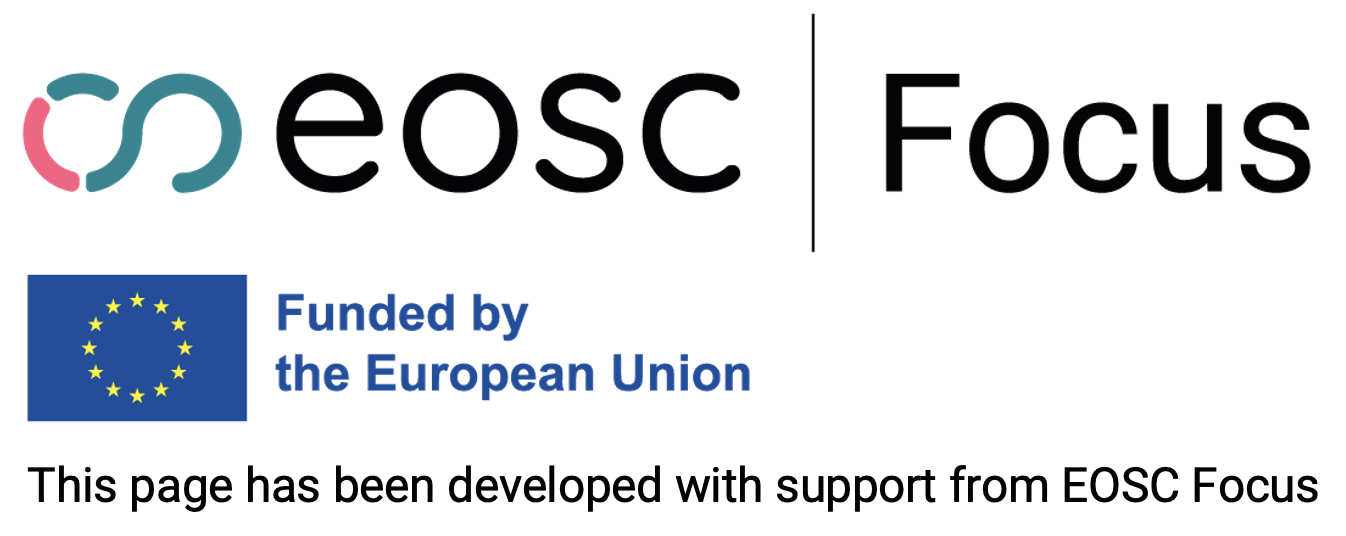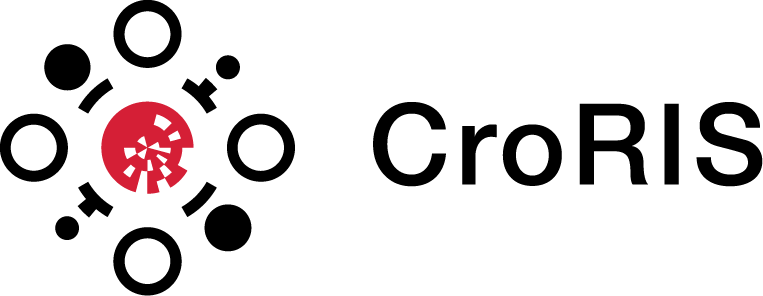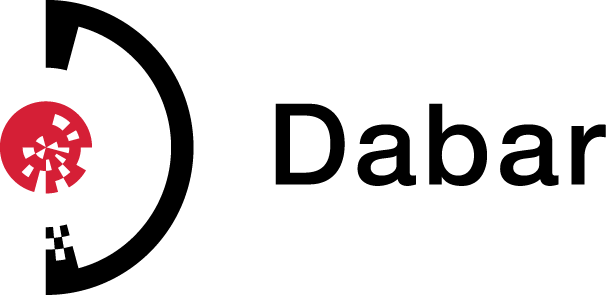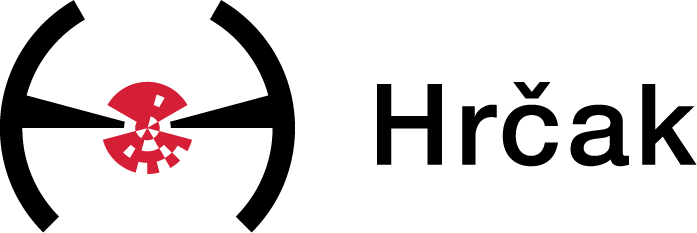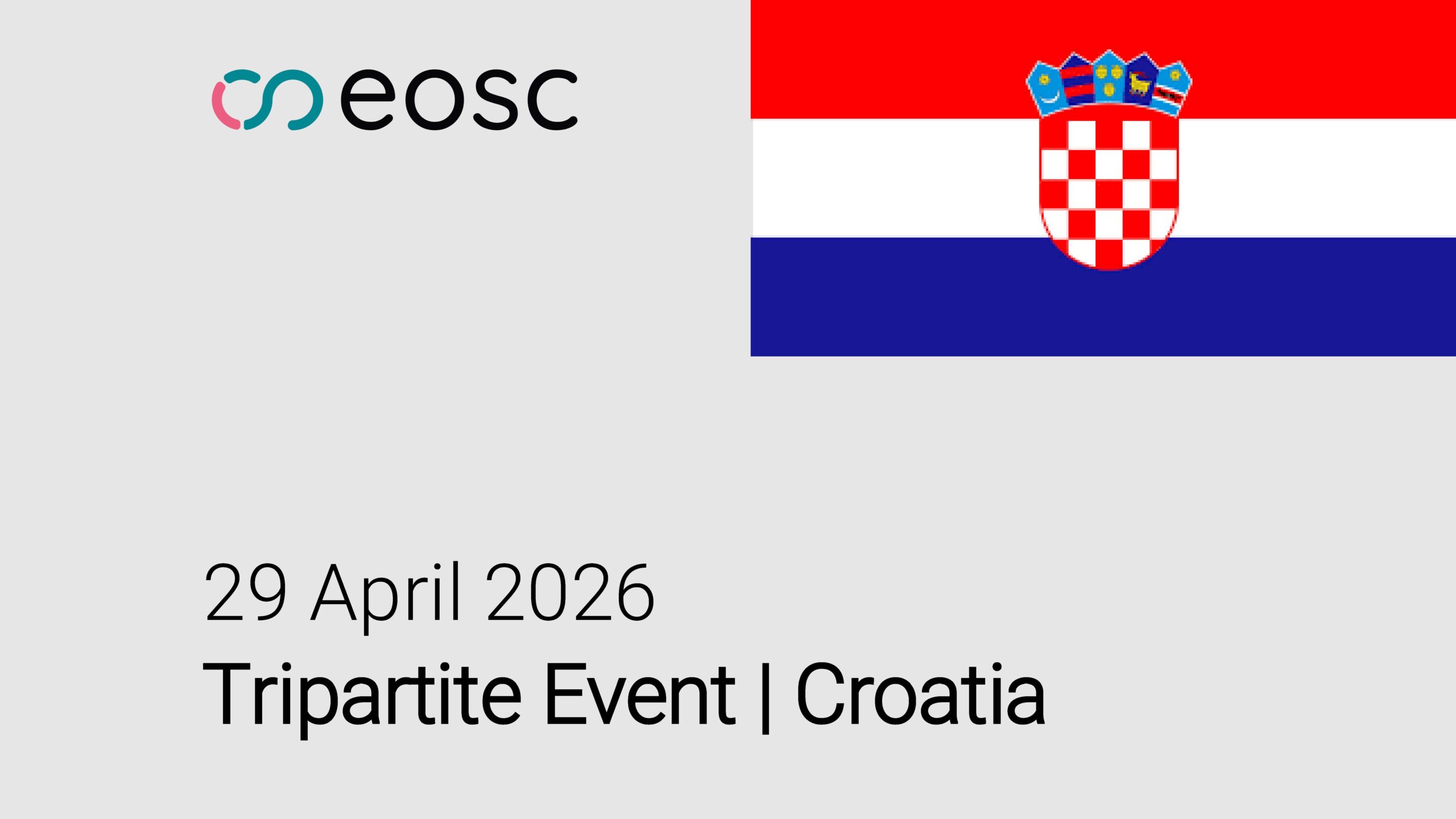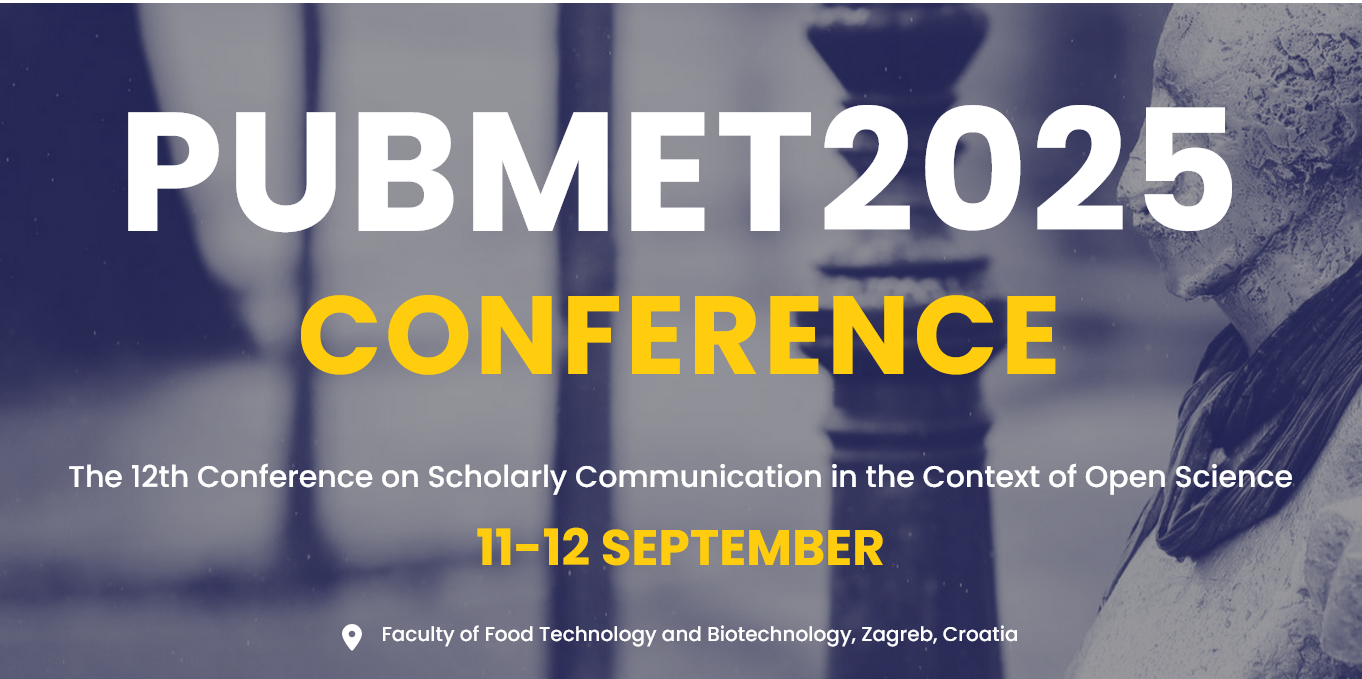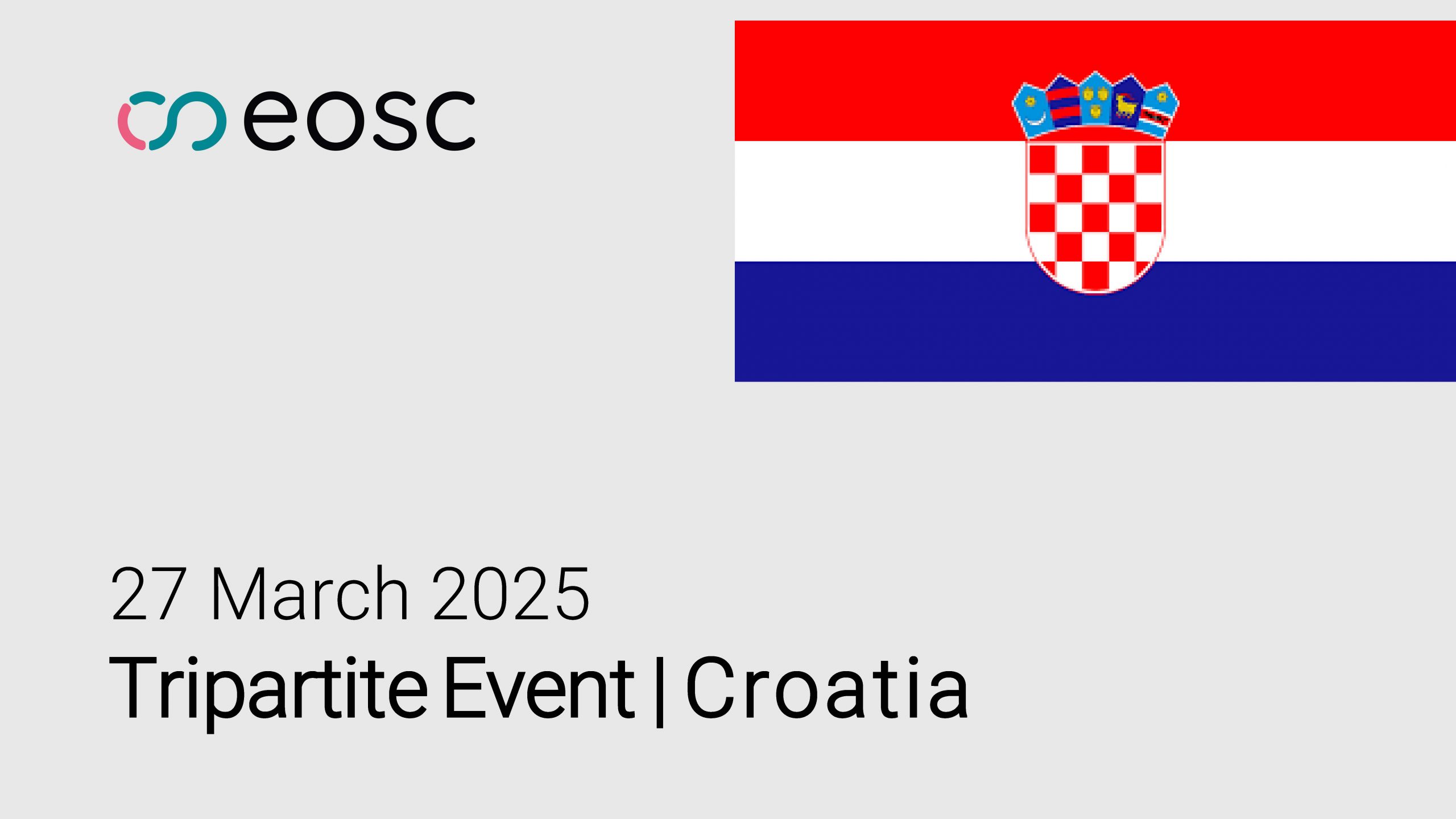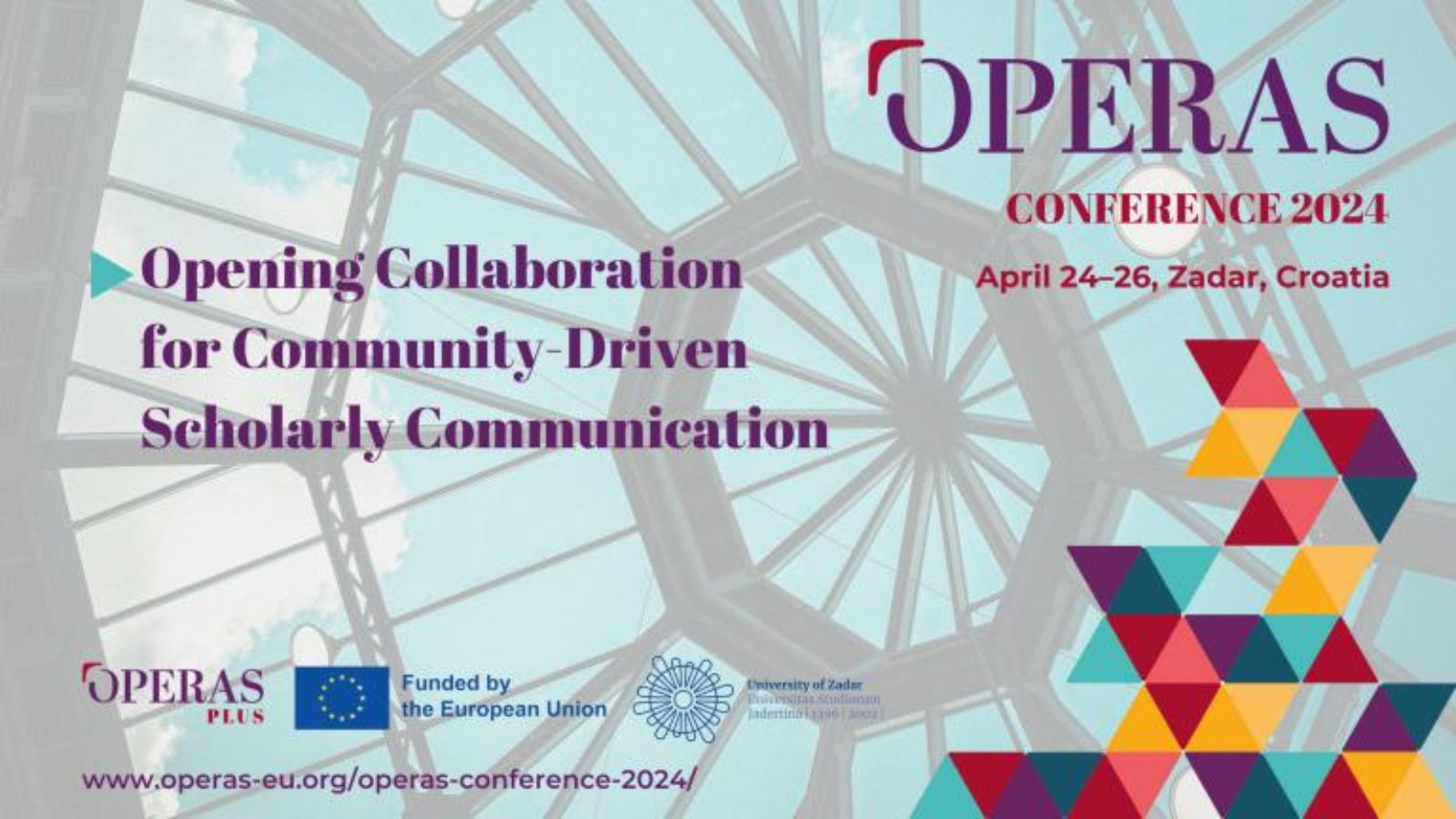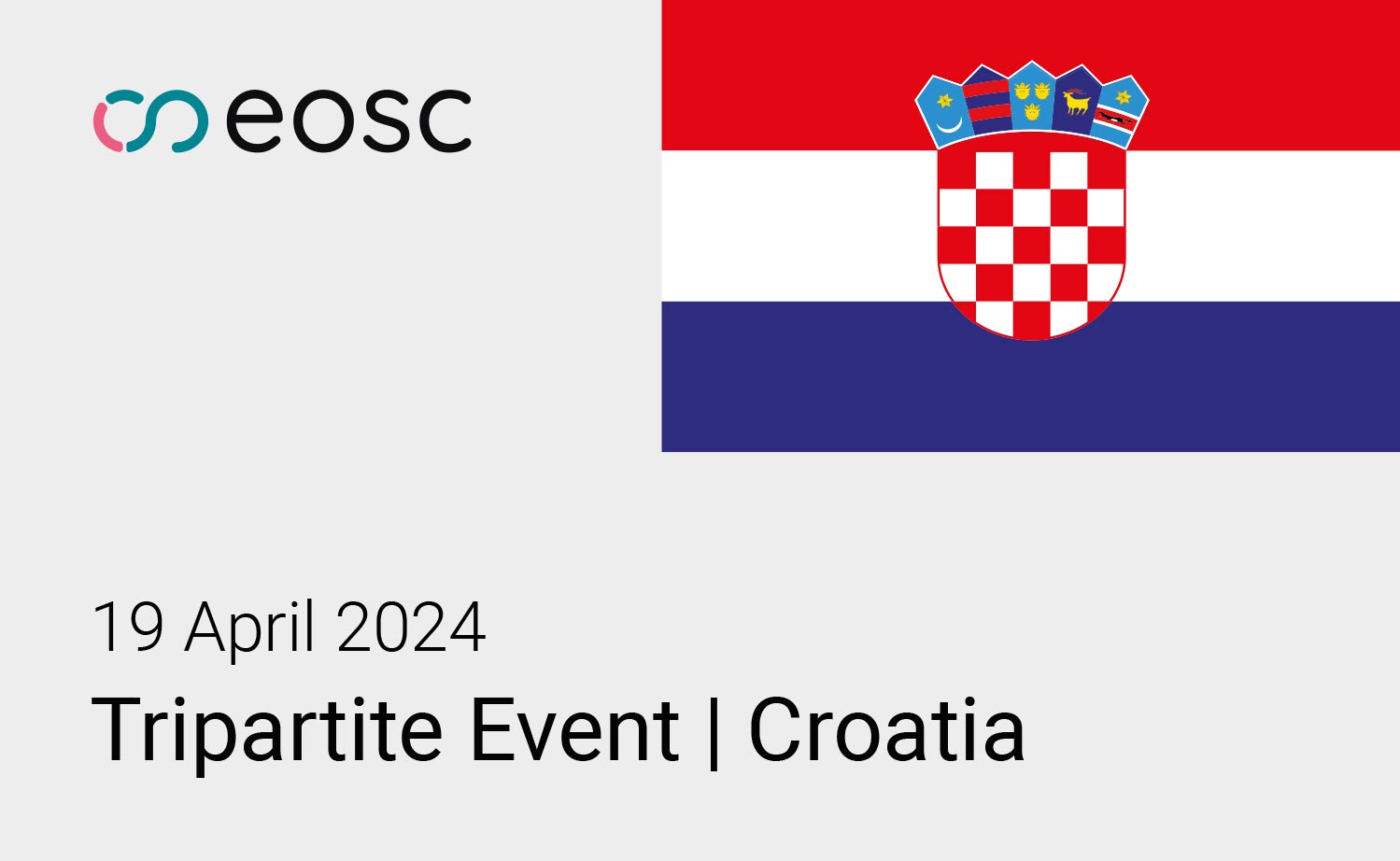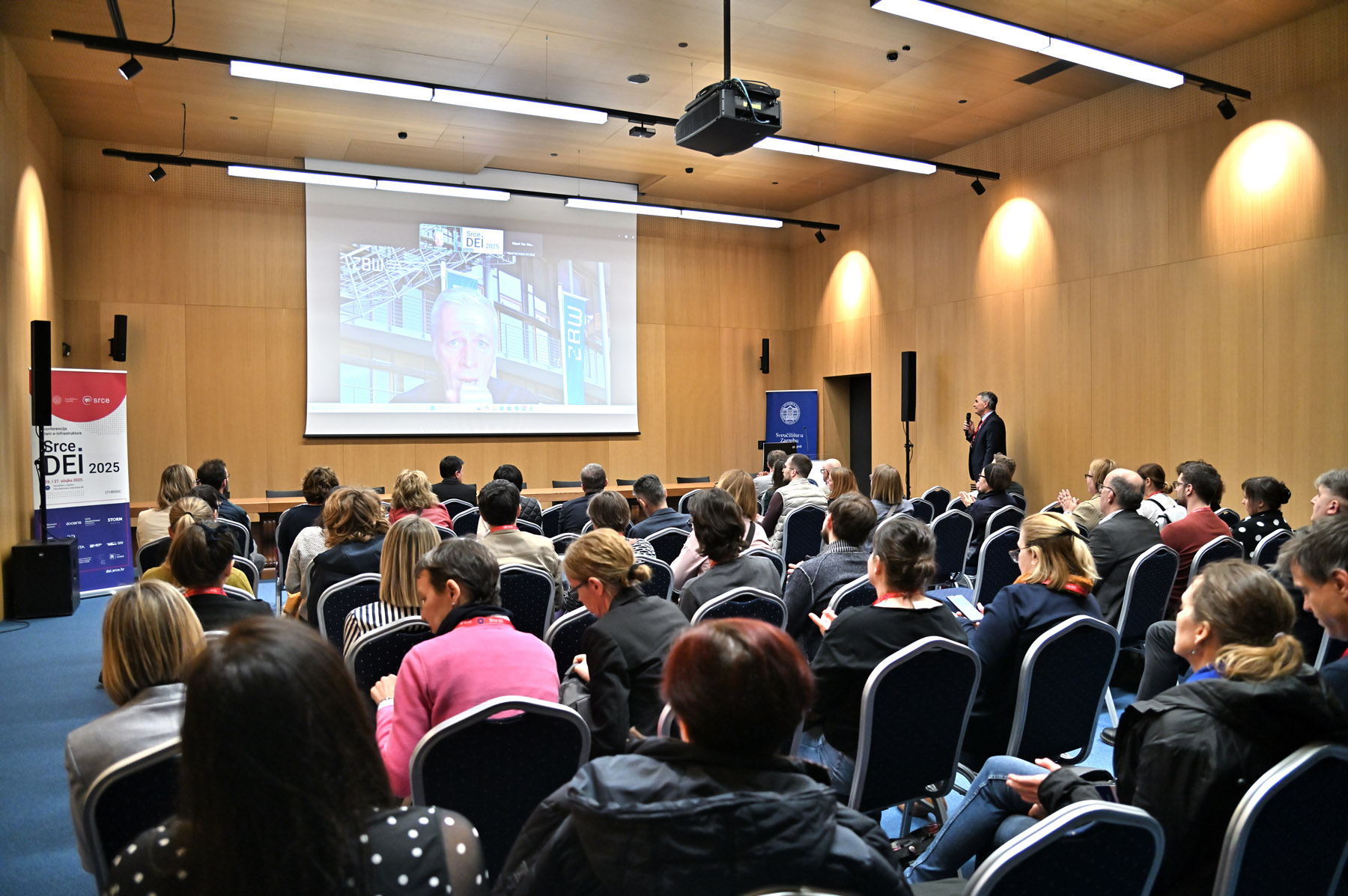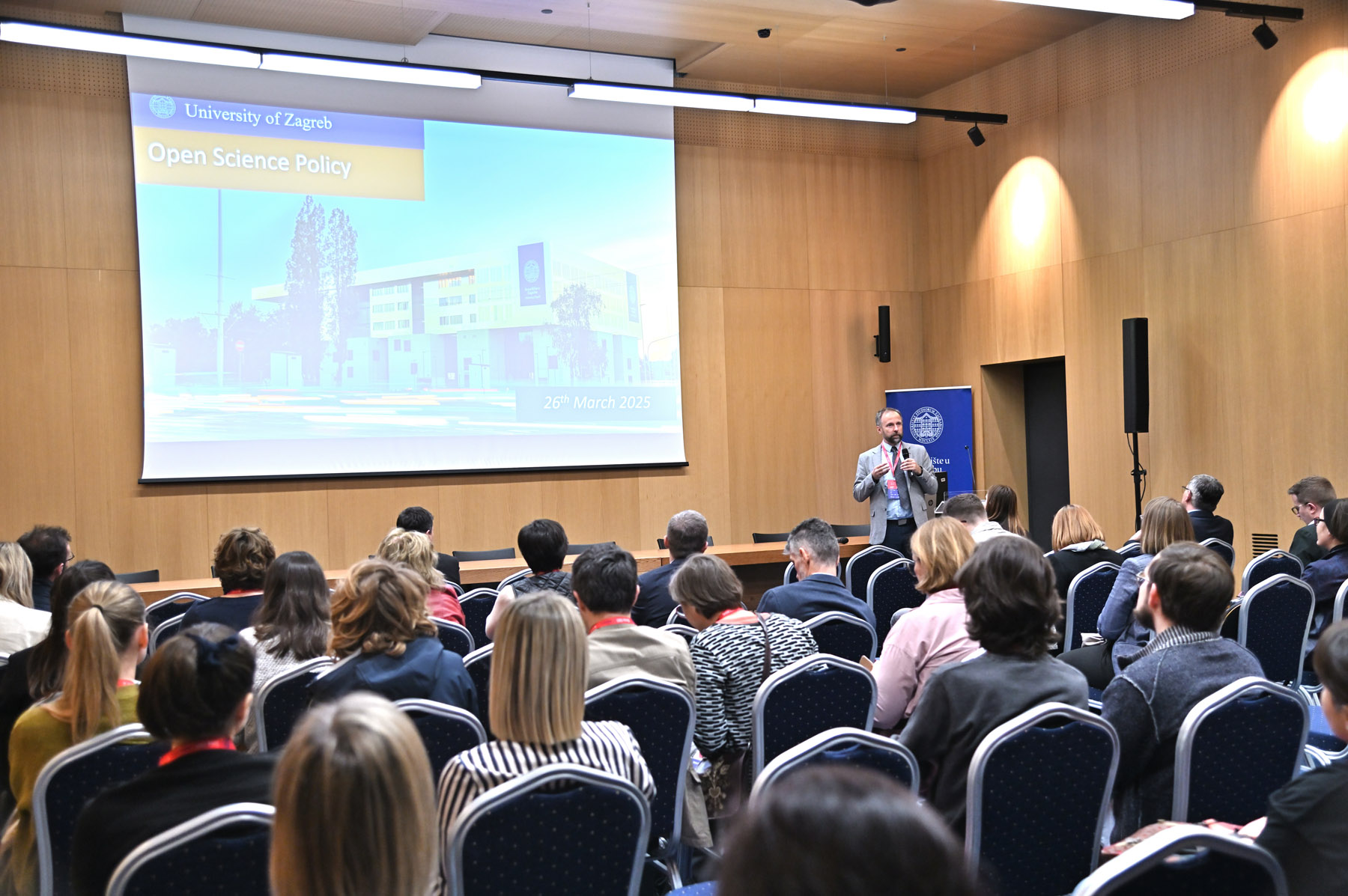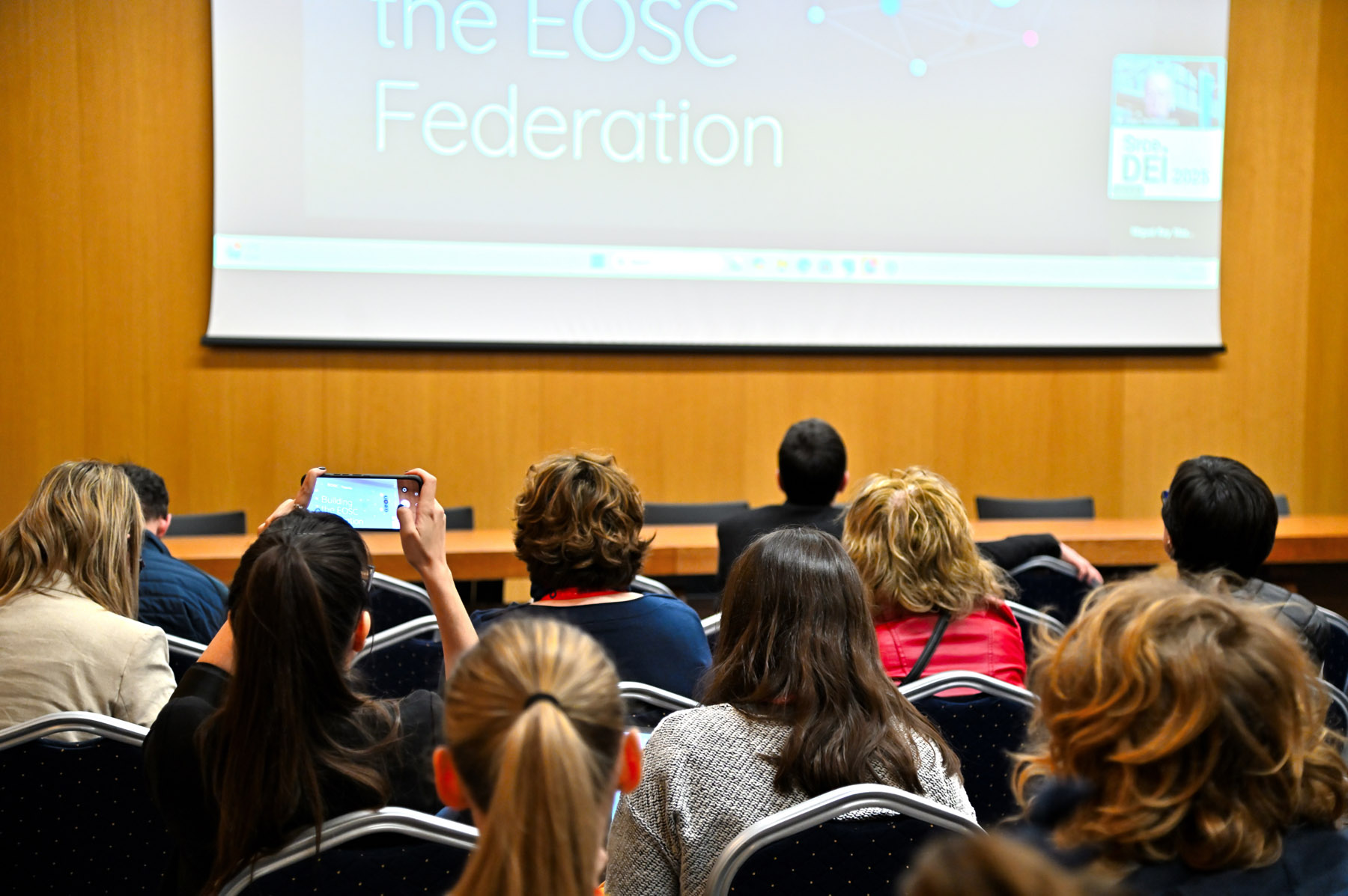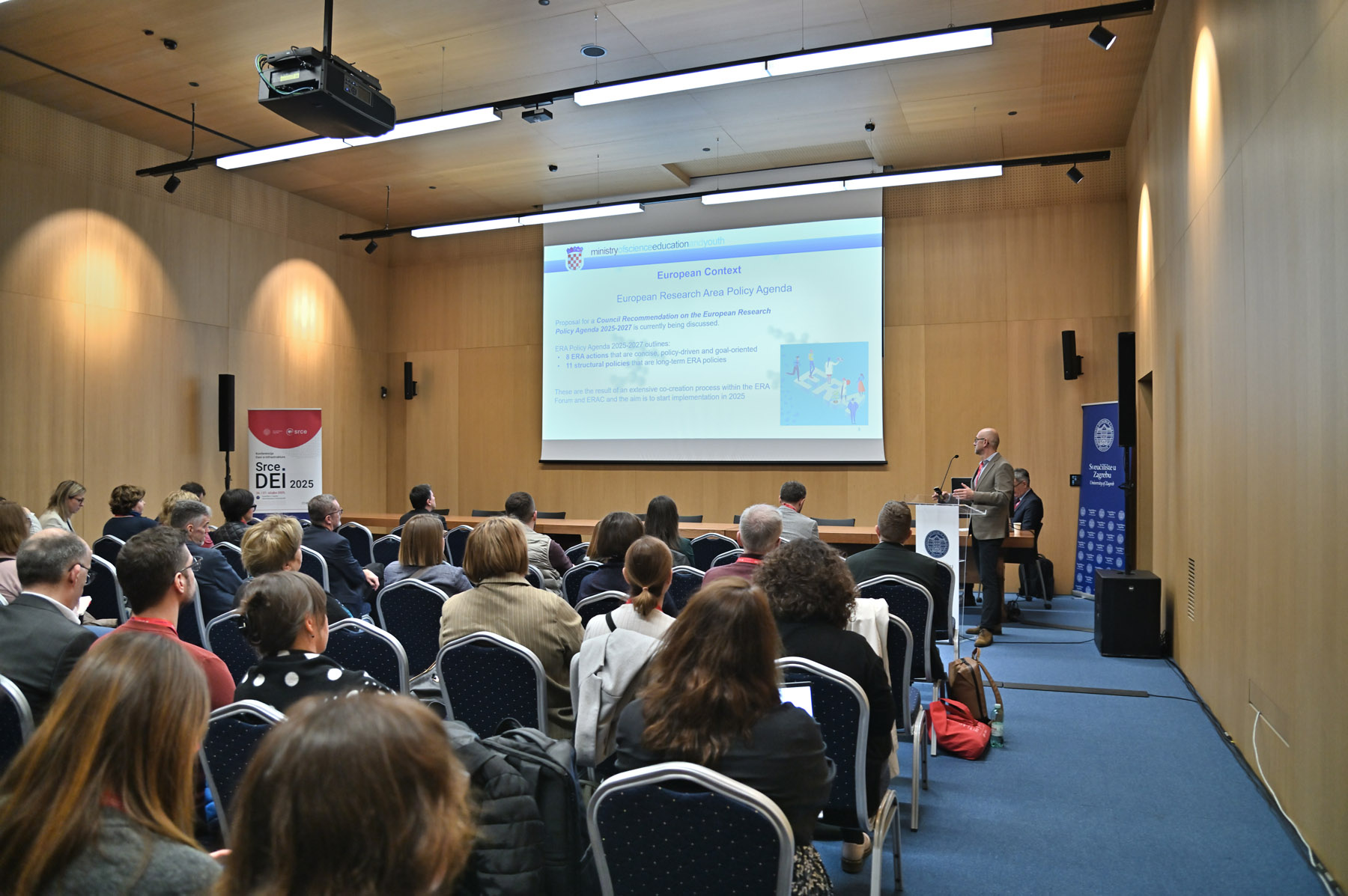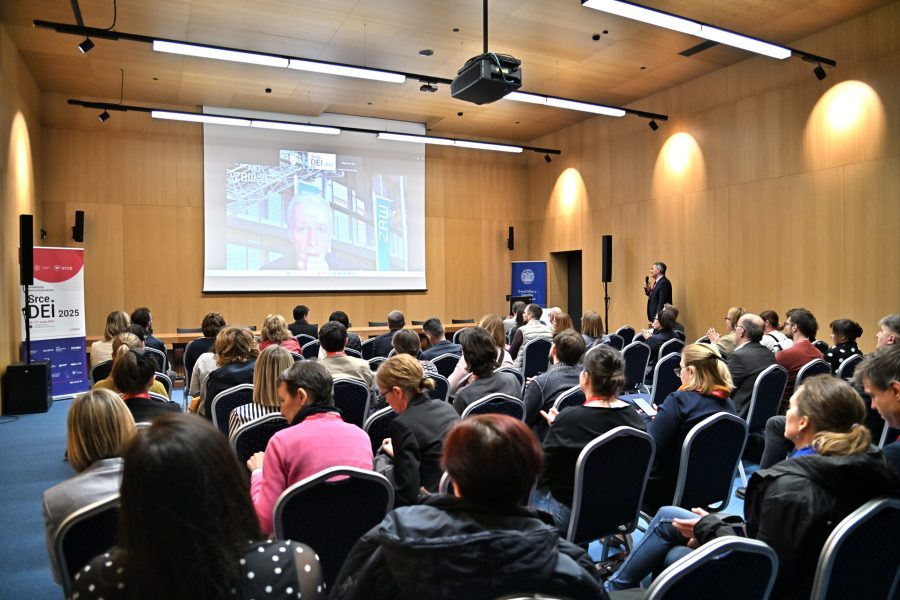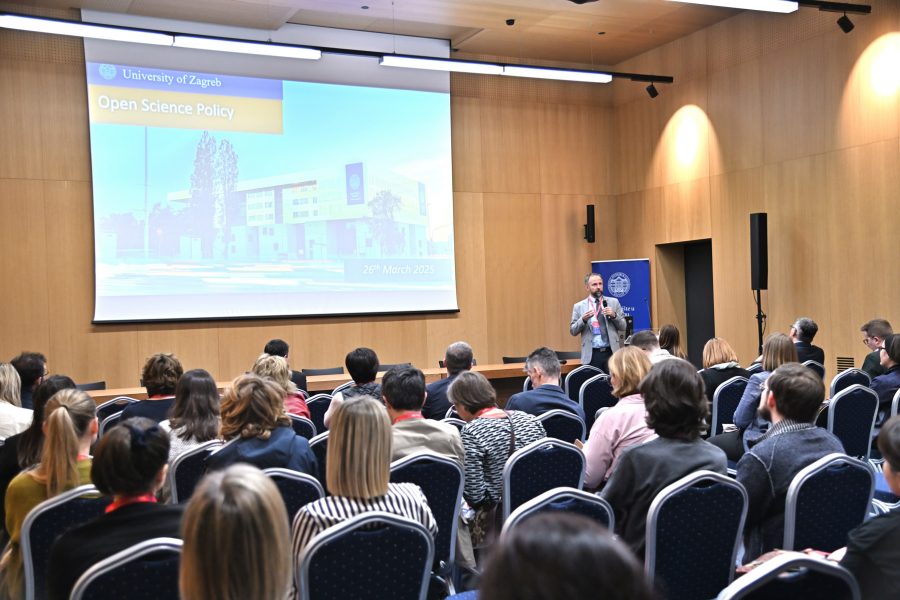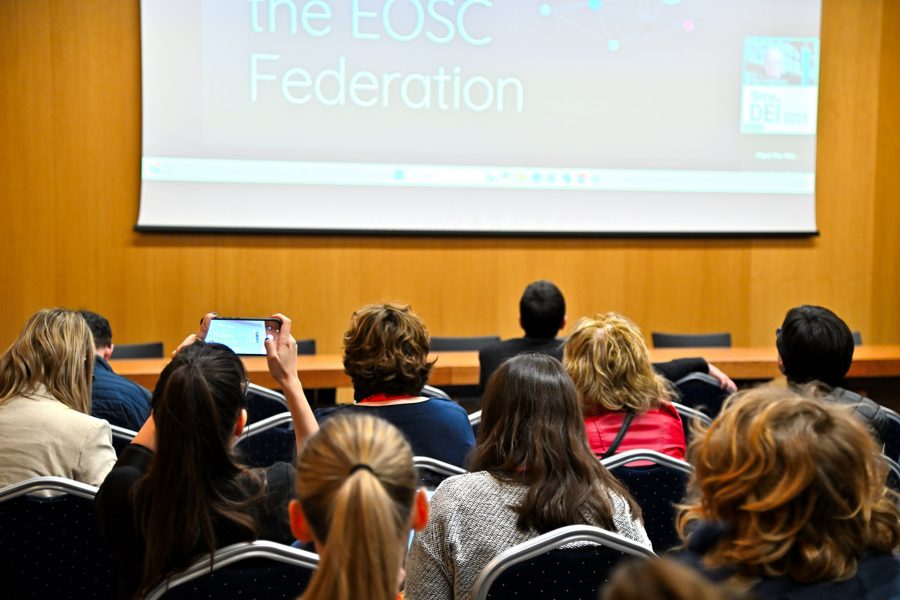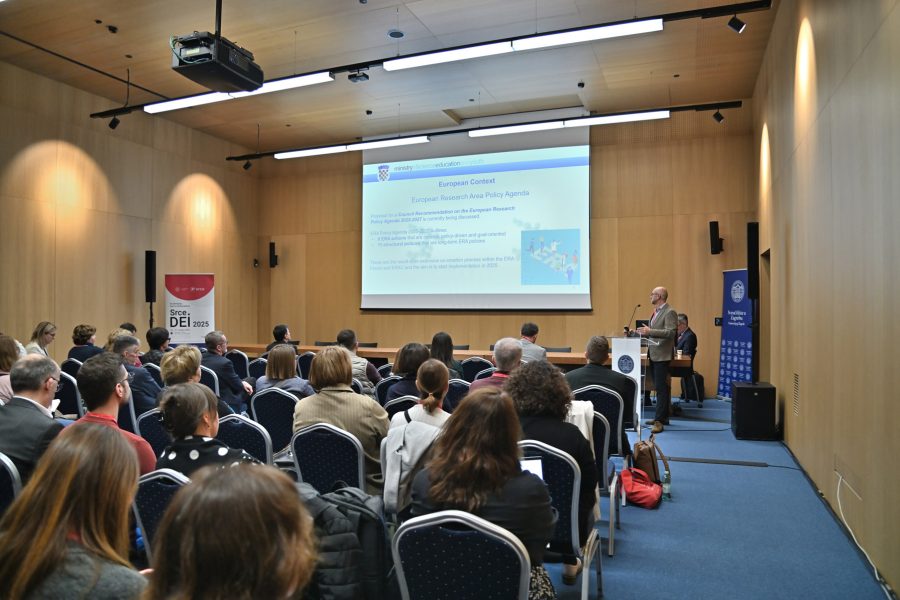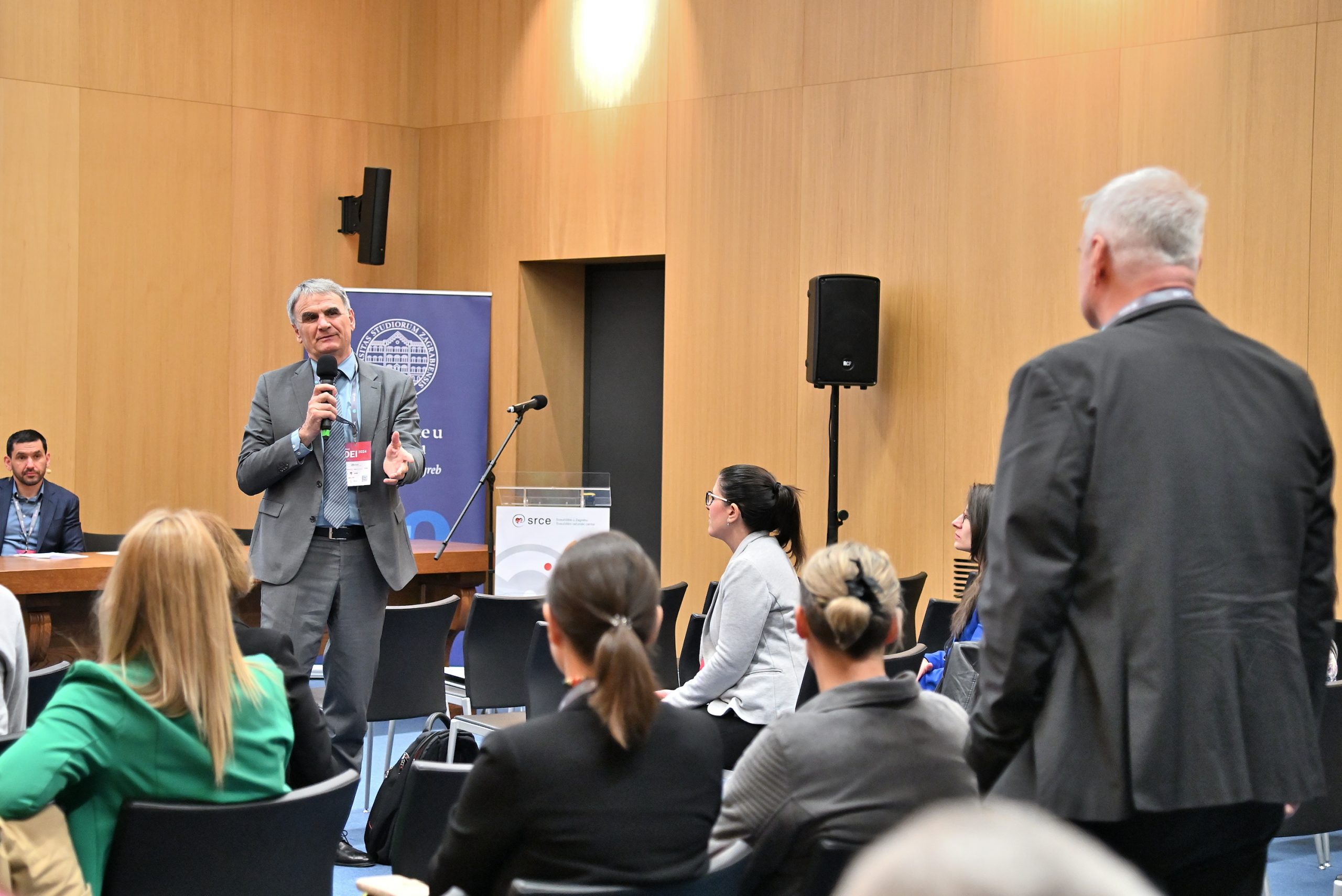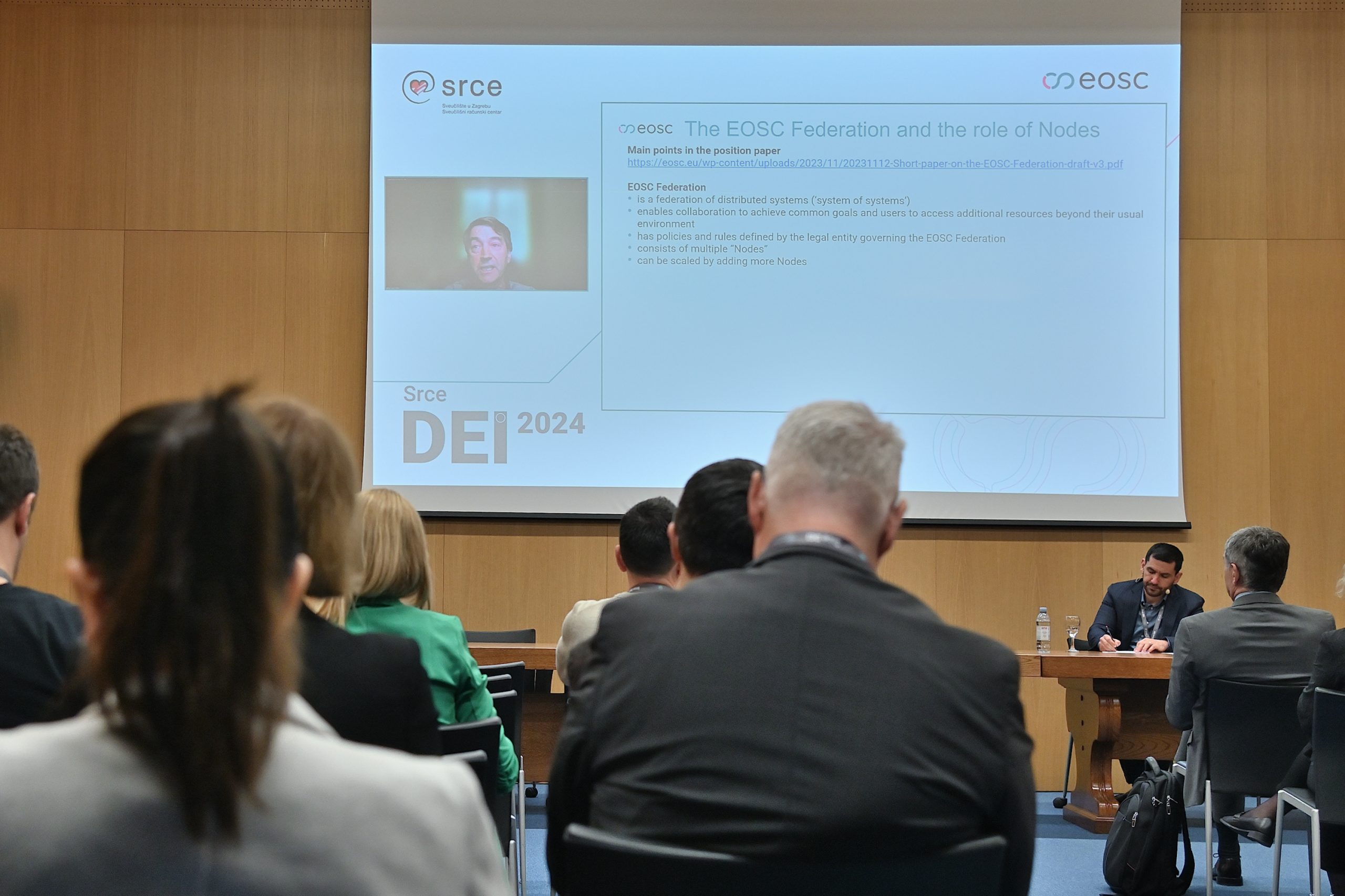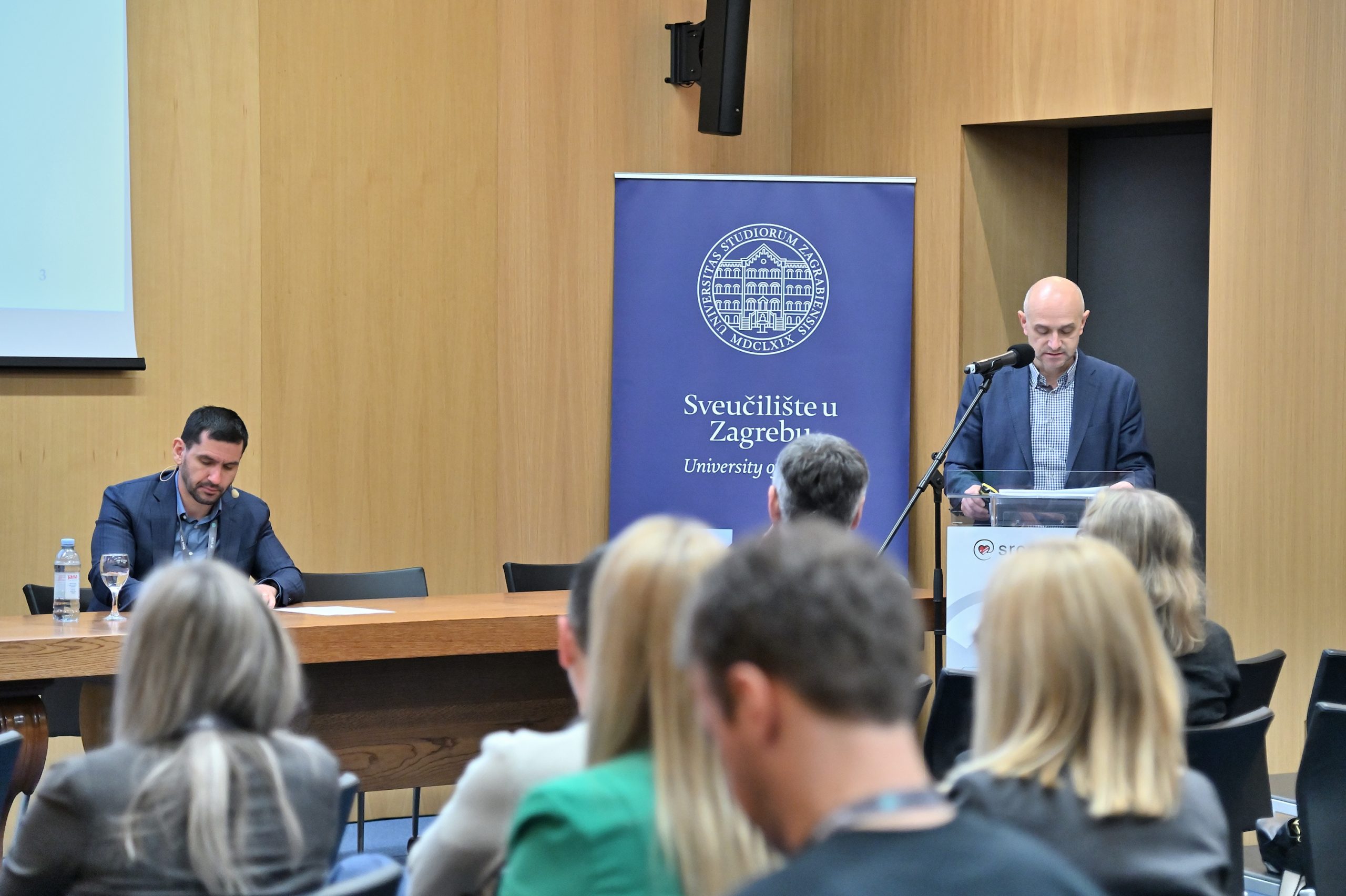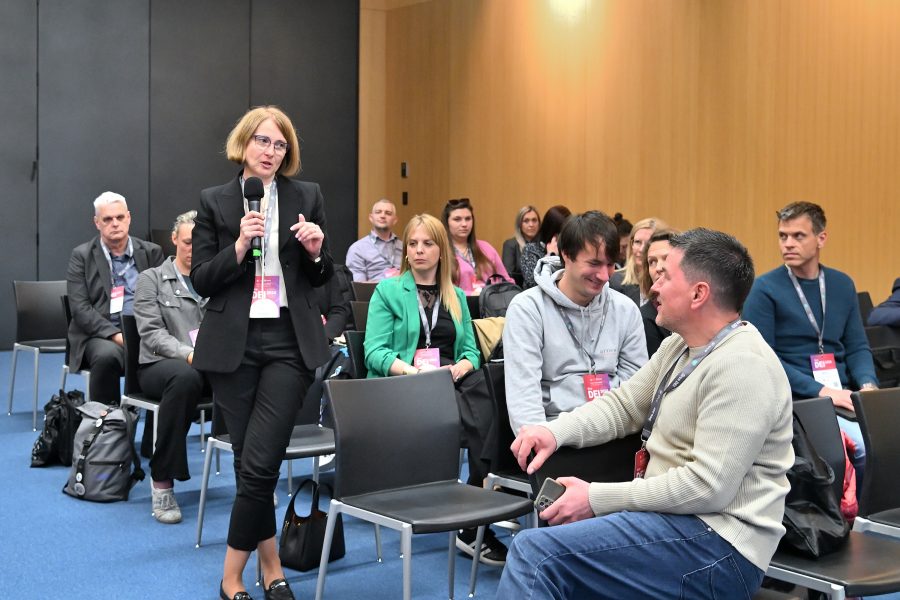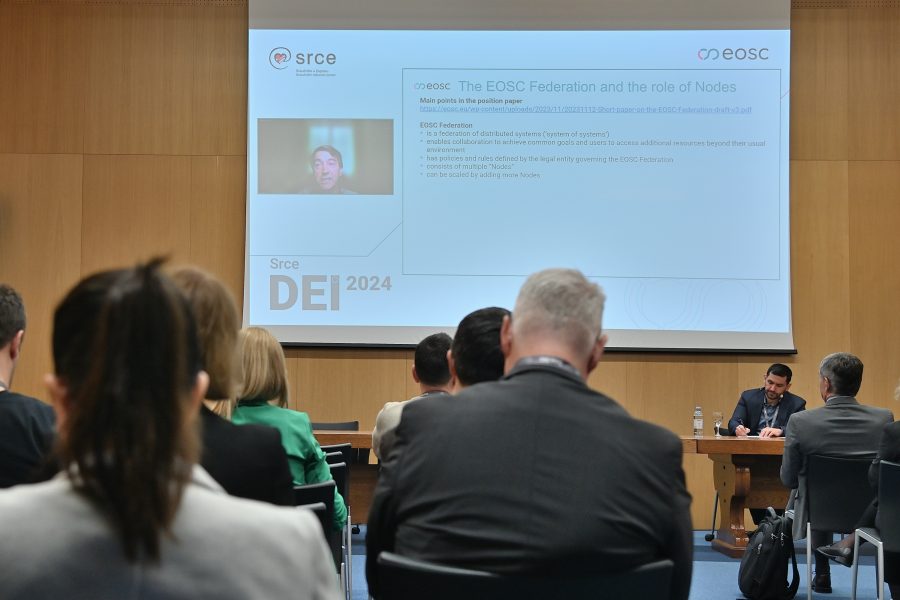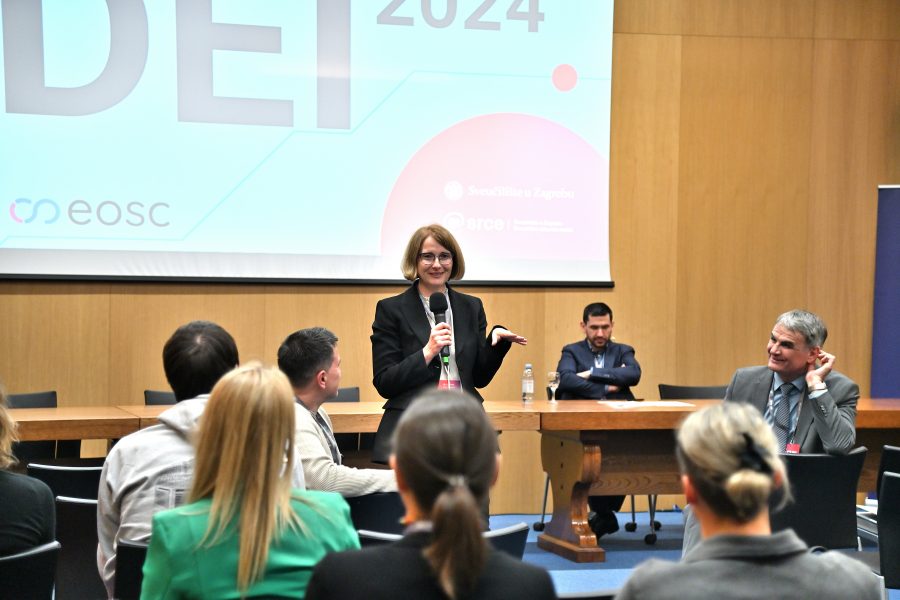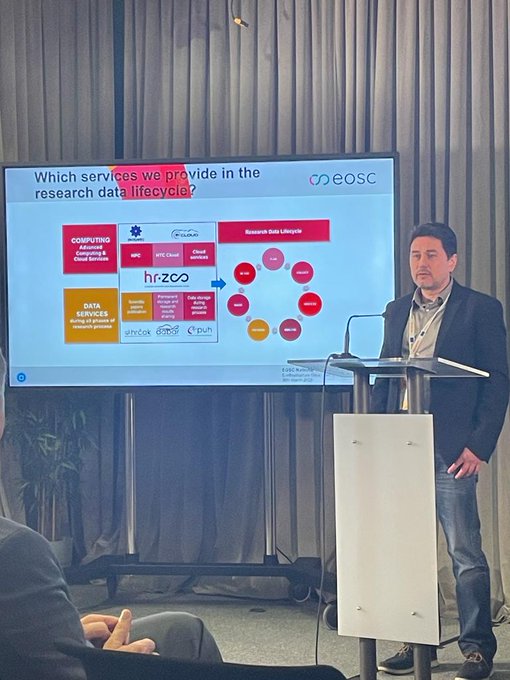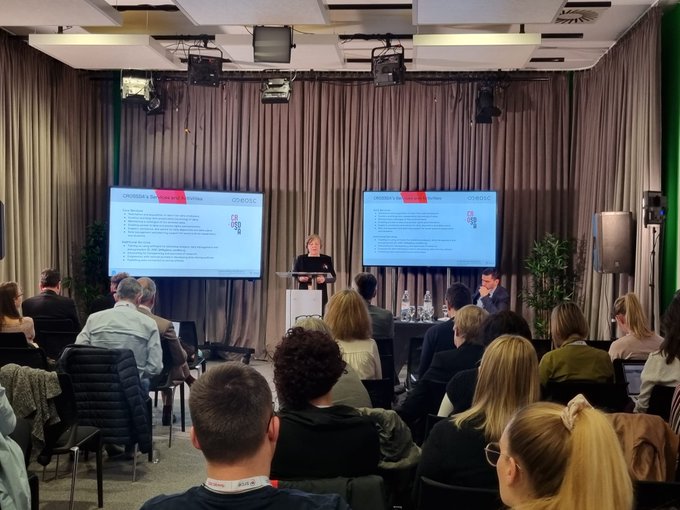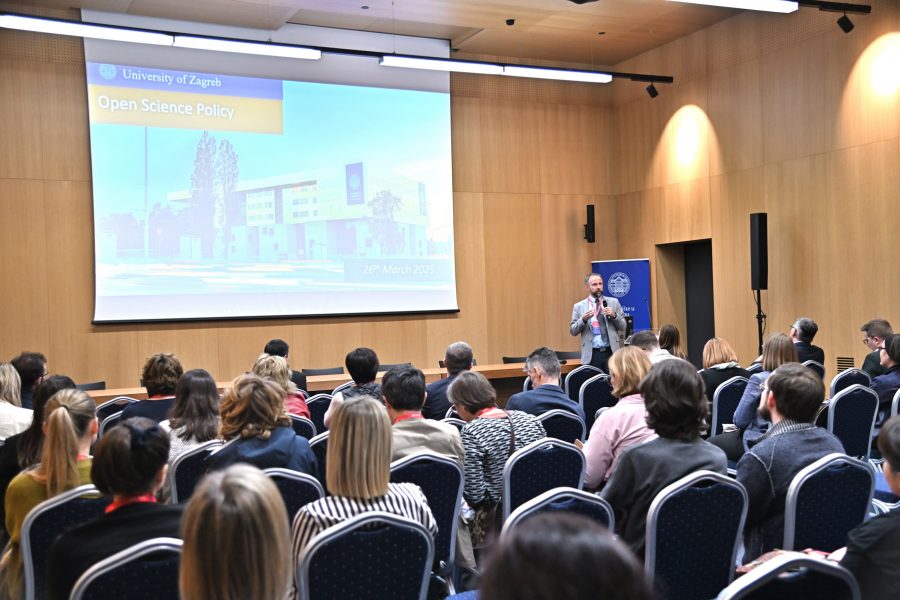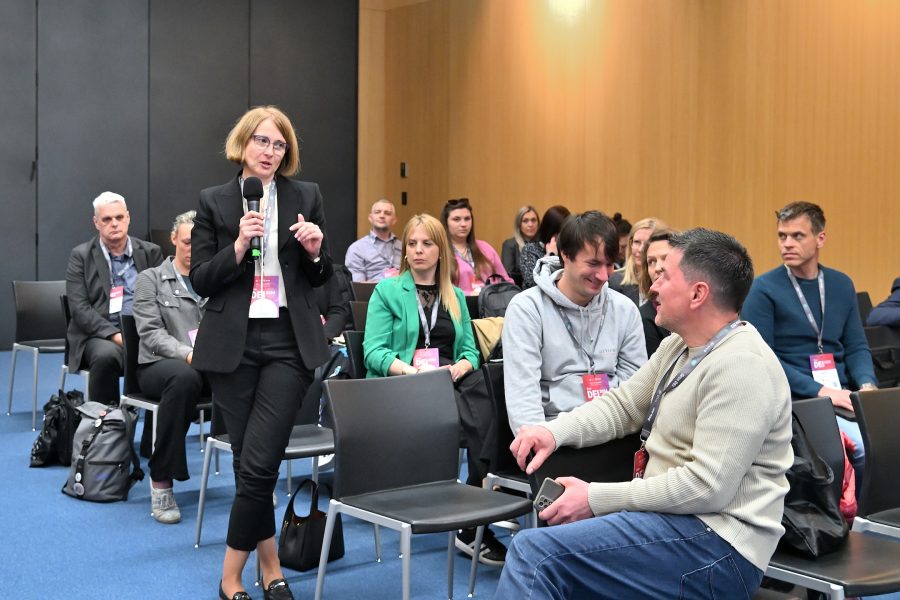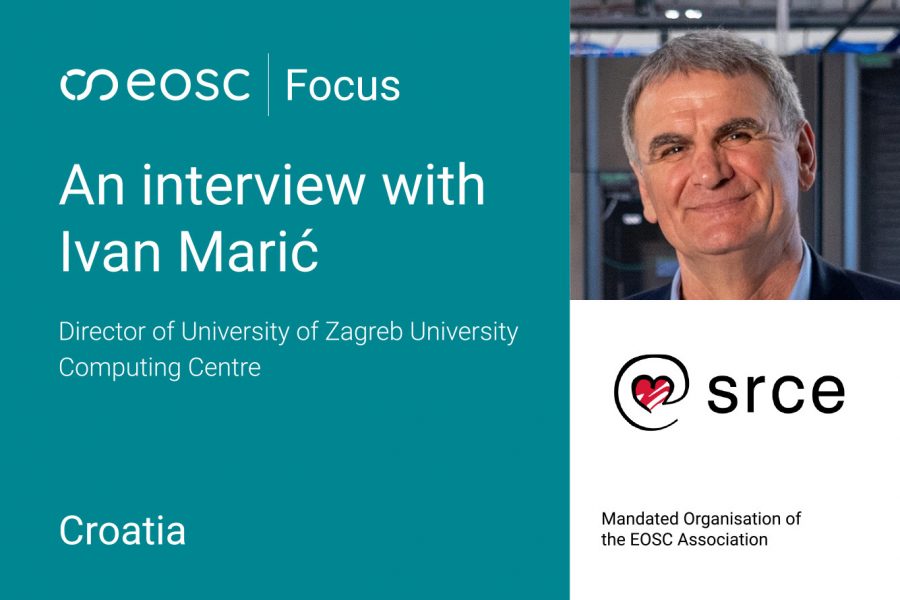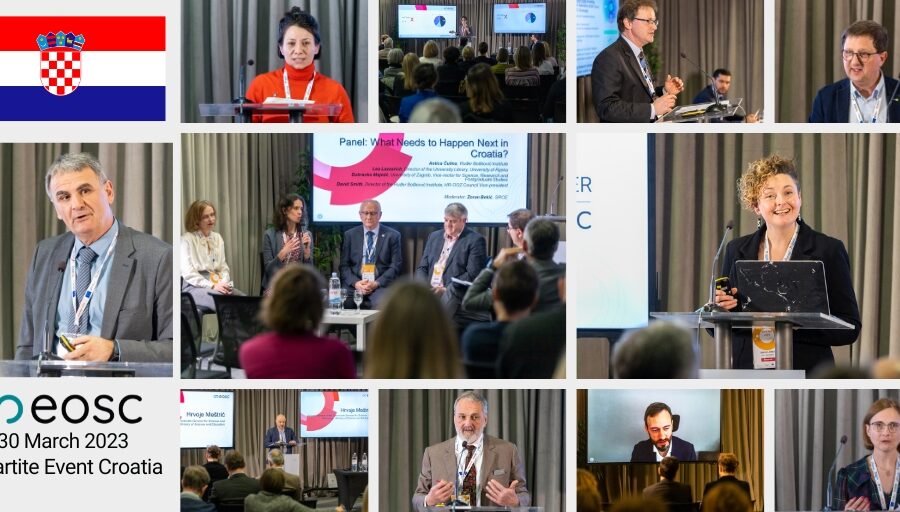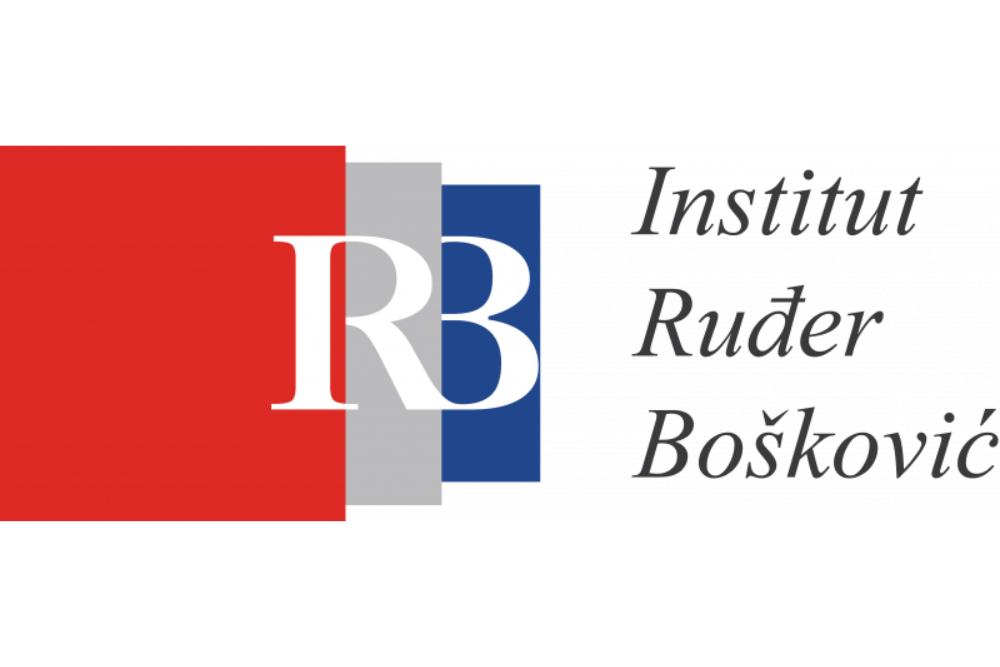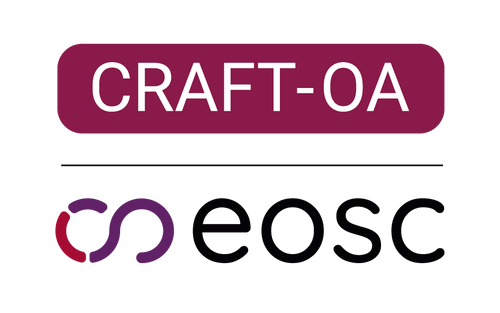
Croatia
Overview
European Commission
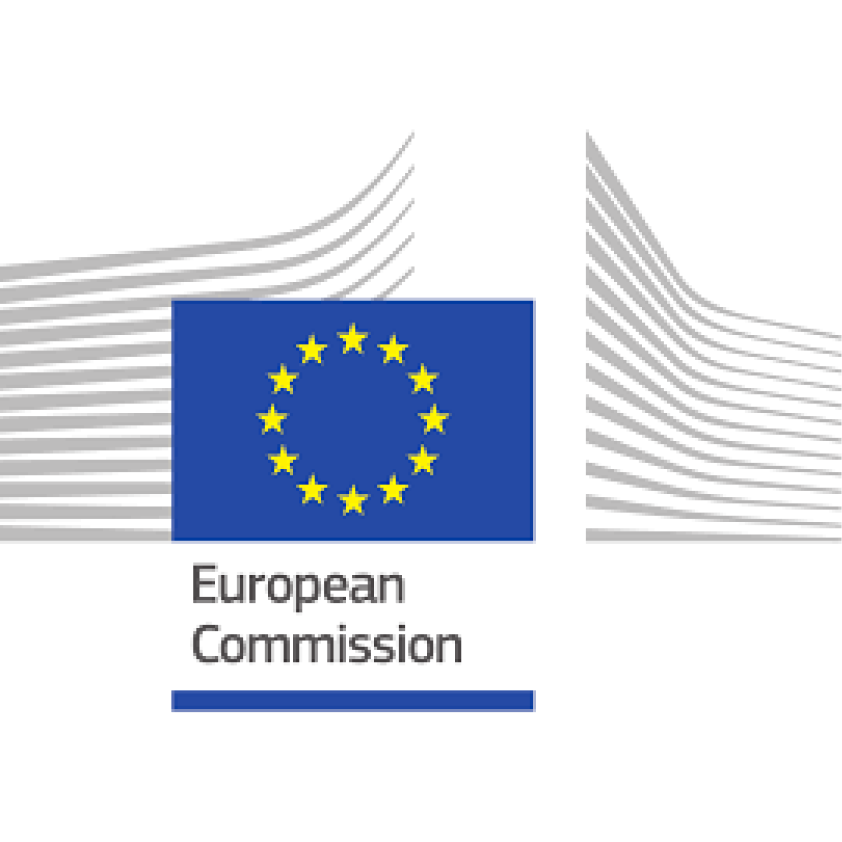
Mandated Organisation
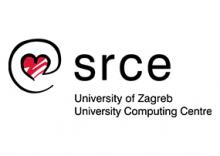
EOSC Steering Board representatives
The first efforts of Open Access movement started in Croatia in 1997 with the establishment of Croatian scientific bibliography CROSBI. But the more systematic approach to Open Science in Croatia can be traced back to 2012 and the adoption of the Croatian Declaration on Open Access to Scientific Information, which states that all results from publicly funded research should be made accessible through Open Access. In 2014, the Strategy of Education, Science, and Technology considered open educational materials and Open Access to scientific information as the strategic priority for science and education in Croatia in the future. This was followed by the Rector’s Conference document on Open Science in 2015.
The Croatian Ministry of Science, Education and Youth, as the head of the national policy for scientific information, has strongly supported Open Science by participating in the Croatian Open Science Cloud Initiative (HR-OOZ) since the creation of the Initiative in 2021, together with the Croatian Science Foundation (HRZZ). HR-OOZ currently comprises 21 organisations, including the Ministry of Science, Education and Youth (MSEY), the Croatian Science Foundation (HRZZ), all public universities, major service providers, national representatives of European Research Infrastructure Consortia (ERICs), and other research infrastructures from Croatia that are on the roadmap of the European Strategy Forum on Research Infrastructures (ESFRI). One of the key activities of HR-OOZ was drafting the proposal for the national Open Science Plan, which subsequently served as the basis for the Ministry’s adoption of the Croatian Open Science Plan in 2025.
Croatian institutions have participated in several INFRAEOSC projects such as OpenAIRE Advance, OPERAS. EOSC-Future, EGI-ACE and NI4OS. More recently, Croatian institutions are part of many international EOSC and OA related projects, for example Horizon Europe projects PATTERN, DIAMAS and OPUS, as well as EOSC Beyond, EOSC Data Commons, CRAFT-OA, while several other projects are in the pipeline.
Mandated Organisation:
The University of Zagreb University Computing Centre (SRCE) was founded in 1971 and is the main computing centre in Croatia and the architect of the national e-infrastructure, serving both the University of Zagreb and the entire research and higher education system. SRCE plays a key role in building digital bridges with Europe through initiatives such as the European Grid Initiative (EGI), Authentication and Authorisation Infrastructure (AAI) – eduGAIN, the European High Performance Computing Joint Undertaking (EuroHPC JU), or CroRIS – EuroCRIS. Furthermore, SRCE is the competence centre for information and communication technologies, as well as the centre for education and support in the area of ICT application. It also coordinates the National Competence Centre for High-Performance Computing (HR HPC CC). Since 2019, SRCE has operated the national node of the Research Data Alliance (RDA), while representatives from the Ruđer Bošković Institute serve as the OpenAIRE National Open Access Desk (NOAD). SRCE and the Ruđer Bošković Institute collaborated on the development of national Current Research Information System (CroRIS), by integrating and unifying the data from various databases, such as the Croatian Scientific Bibliography (CROSBI), the research equipment database, and the project database.
Since 2022, SRCE is EOSC-A mandate national organization for Croatia.
Together with SRCE, Ruđer Bošković Institute participates in the EOSC-A since 2022 in the status of “observer”.
Contact e-mail: office@srce.hr.
National Structure:
Croatian Open Science Cloud Initiative
In 2021, the Croatian Open Science Cloud (locally: HR-OOZ) Initiative was established to advance Open Science in Croatia. The HR-OOZ Initiative (https://www.srce.unizg.hr/en/hr-ooz) has managed to bring together key stakeholders to create the necessary preconditions for the implementation, realisation, and promotion of Open Science within the national research and higher education system. The Initiative is the result of the joint work of numerous stakeholders in the science and higher education system in Croatia. It was launched with the support of the Ministry of Science, Education and Youth of the Republic of Croatia and the Croatian Science Foundation, bringing together all public universities as well as Croatian representatives of ERICs (DARIAH-HR, HR-CLARIN, CERIC-ERIC, CROSSDA the public research data service, and the national service provider for the CESSDA ERIC), OpenAIRE NOAD, NGI and the national RDA node.
The HR-OOZ Initiative aims to achieve its objectives by building a modern, high-quality, internationally relevant, and competitive scientific environment based on the principles of Open Science aligned with and connected to the European Research Area (ERA) and other relevant European initiatives, especially the EOSC. The HR-OOZ will play an active role in promoting Croatian services and resources and onboarding them into the EOSC to become findable, accessible, interoperable, and reusable at the European level. The initiative is administratively supported by SRCE.
Contact e-mail: hr-ooz@srce.hr.
EOSC in Practice
Embracing the principles of transparency, reproducibility, and accessibility, these examples highlight the innovative approaches adopted by researchers across various disciplines. From open data sharing and collaborative platforms to pre-registration and open peer review, these practices enhance scientific integrity and contribute to the advancement of knowledge.
National Events
National Tripartite Event: Croatia
On 29 April 2026, the fourth edition of Croatia’s National Tripartite Event (NTE) will take place in Zagreb as part of the annual conference Days of e‑Infrastructure, Srce DEI 2026. Organised by the University of Zagreb...
Policies
In May 2025, the Minister of Science, Education and Youth adopted the Croatian Open Science Plan. The Croatian Open Science Plan is a key strategic document that clearly defines guidelines and recommendations for implementing Open Science principles in the Republic of Croatia. The plan outlines activities and expectations for researchers, institutions, and policymakers, including Research Data Management, infrastructure development, Open Access to publications, and the adaptation of the scientific evaluation system to align with Open Science principles. The plan has a clear goal: to connect European and international Open Science principles with the needs and development priorities of the Croatian scientific system.
Furthermore, the Ministry uses Programme Based Agreements, a funding scheme for a public research institutes and higher education institutions, to encourage them to implement Open Science practices.
The National Council for Higher Education, Science and Technological Development is developing new criteria for academic advancement that will consider use of Open Science.
In October 2022 (Official Gazette 119/22), the Act on Higher Education and Scientific Activity (available in Croatian only) was adopted. Its main goal is to modernise the system of higher education and scientific activity by strengthening institutional capacity and aligning it with the adopted principles and core values of the European Higher Education Area (EHEA), the European Education Area (EEA), and the European Research Area (ERA).
In 2023, the Research Infrastructure Development Plan in the Republic of Croatia 2023–2027 was officially adopted. It provides an overview of existing research infrastructures, defines monitoring parameters, and the basic criteria for selecting and funding future research infrastructure projects. This document supports the development of Open Science based on excellence and international competitiveness.
The Agency for Science and Higher Education adopted Quality Standards for Evaluations in the procedures for the re-accreditation of higher education institutions and research institutes, which include the required elements of Open Science for institutional reaccreditation.
Since 2023, all funded projects by the Croatian Science Foundation (HRZZ) are required to:
- Store their Data Management Plan (DMP) in the national repository infrastructure DABAR and update it regularly.
- Enter project results into the national Current Research Information System (CroRIS).
- Ensure that all publications arising from the project are made openly accessible.
- Archive research data in repositories in line with the FAIR principles.
People
-
Ivan Marić – SRCE
-
NTE Croatia 2025
27 March 2025, Zagreb -
NTE Croatia 2024
19 April 2024, Zagreb -
NTE Croatia 2023
30 March 2023, Zagreb
News from Croatia
Members and Observers from Croatia
EU Projects
Please find here the EOSC-related projects where members from this country are involved as partners.










































